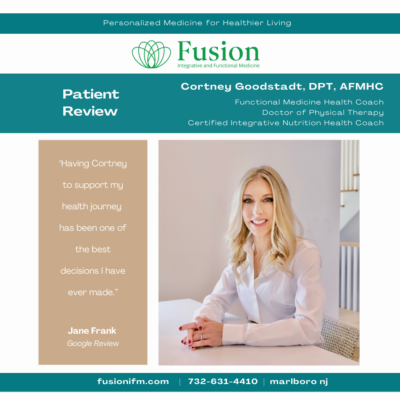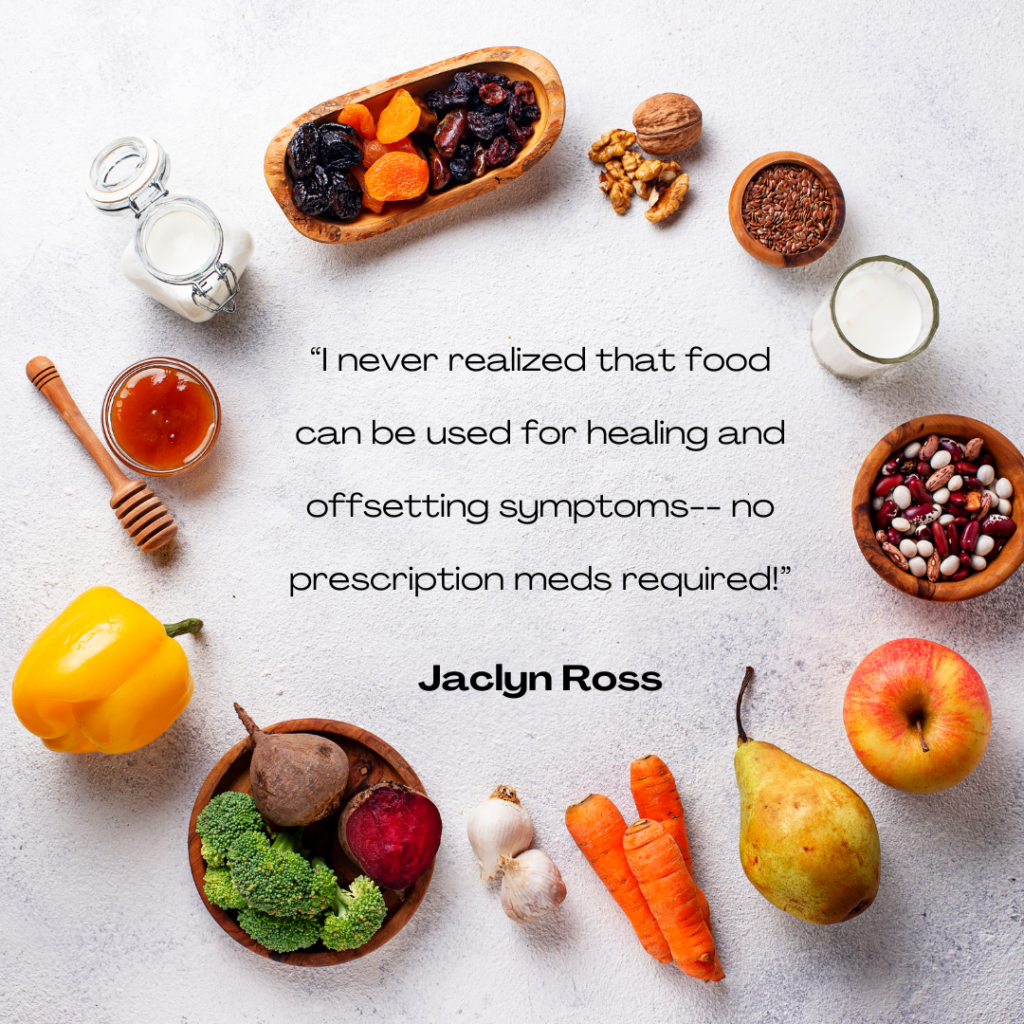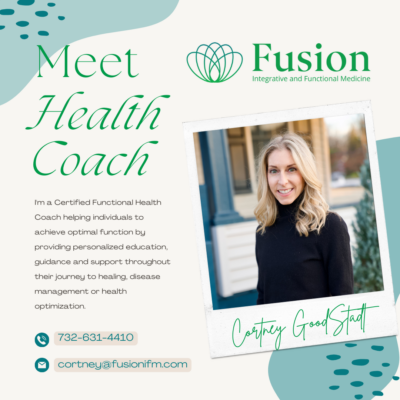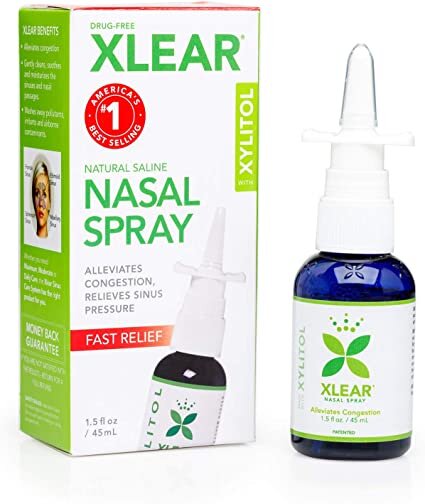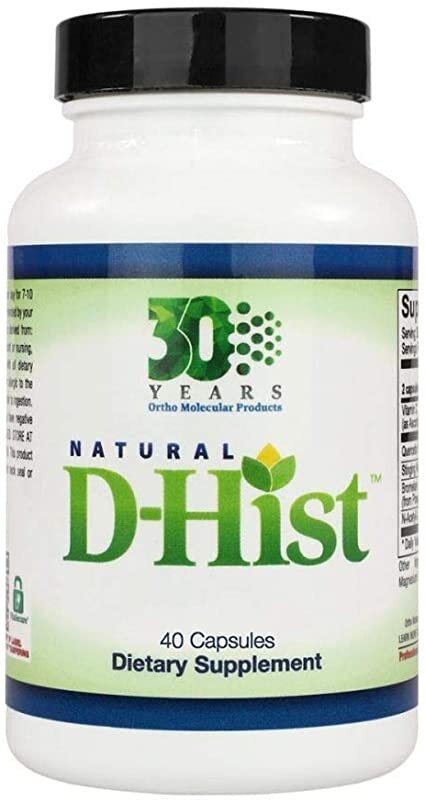We are deeply appreciative when our patients take the time and effort to leave a review about our Functional Medicine services on Google and other patient satisfaction sites. Last week, we were delighted to receive this review from Jane, who has been with us since 2020.
Read more Patient Reviews here:
_____________________________________________________________

I have been working with Dr. Jessica Miller since 2020 and I fully believe in the value of functional medicine and having a dedicated practitioner who will spend a full hour following up with you – not something you will find with most primary care physicians practicing conventional medicine.
Functional medicine provides a different approach in that it looks for root causes of disease instead of treating symptoms. Instead of putting a band-aid over the problem, Dr. Miller will use her extensive knowledge to suggest the underlying mechanism for the symptoms and will then prescribe targeted therapies to address the imbalances that may be present.
If you’ve been through the conventional medical system and have seen numerous doctors and haven’t made any progress with your health, I would fully recommend seeking out an alternative approach and seeing if Dr. Miller and her team can help.
Dr. Miller combines her passion for functional medicine with empathy and compassion for her patients, as she seeks to support the health of the whole individual. In between appointments with Dr. Miller, there is the option of meeting with a health coach in more frequent intervals to make sure you are staying on track with your health goals.

A health coach can be helpful to address any specific, smaller concerns such as questions about supplements or alternatives, questions about specific exercises, or even certain foods or diets. For me this has been a great experience.

Health Coach Cortney Goodstadt has a calm and centered approach and a determination to bring unique solutions to each individual patient and meeting with her helps me feel on track with my health goals and makes me feel like I have a constant supporter in my corner who is rooting for me to take care of myself every day.
She will listen to your concerns and do research after your appointment to bring you suggestions on everything:
- Diet
- Exercise
- Sleep
- Supplements
- Emotional/mental support
- Gathering patient-specific resources
Cortney is invaluable to discussing what health strategies worked, so I can continue to feel better and get stronger.
Dr. Miller will meet with you and give you a big-picture idea of what may be underlying your symptoms and what areas can be improved; Cortney will delve into the specifics with you and make sure you stay on track and also listen to any concerns you may have through your journey.
READ: “Five Reasons Why You Should Work with a Functional Health Coach” By Cortney Goodstadt
The great thing about functional medicine is that it grows with you. It is directed by your health goals and what are your most bothersome symptoms. They will start from there and begin the work of suggesting possible ways to improve your health and your life. Supplements are just one part of functional medicine and they can be highly supportive in many cases. But they aren’t the only healing modality that will be suggested to you.
I also like that you can pause your appointments at any time. The functional medicine practitioners, doctors and health coaches will not do the work for you – it’s up to you to use the resources they suggest, work on your health every day.
This is a very different approach and it’s important for people to understand that taking care of yourself is a lot of work–and it’s ultimately up to you. Having Dr. Miller and health coaches like Cortney to support me in my health journey has been one of the best decisions I have ever made.
Jane Frank | Fusion IFM Google Review | May 2024
This article is for informational purposes only and should not be used in place of an individualized healthcare visit. Read more Fusion Patient Reviews here:

